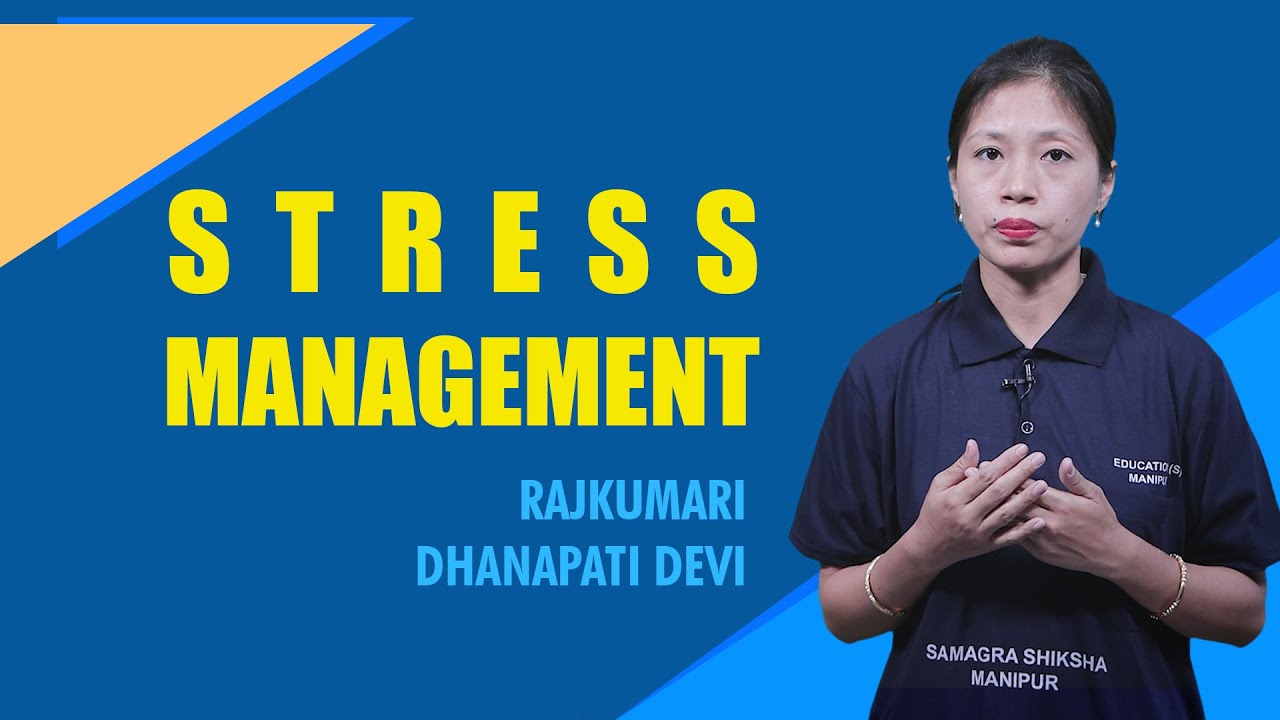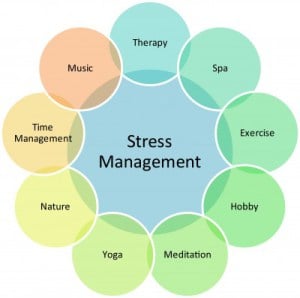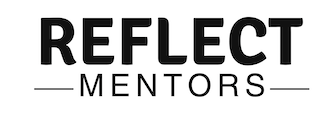[Yes Management is Stress Management]

Executive Summary:

In modern fast-paced work environments, management often bears the brunt of immense stress levels, leading to potential burnout, decreased productivity, and health risks. However, effective stress management techniques can not only mitigate these adverse effects but also enhance management capabilities, resulting in increased employee engagement, improved organizational performance, and personal well-being.

Introduction:
Management roles come with inherent pressure and responsibility, often resulting in elevated stress levels. However, stress is not inherently negative; it can motivate and enhance performance. By adopting effective stress management strategies, managers can transform this pressure into a catalyst for success, promoting personal well-being, team performance, and overall organizational resilience.
FAQs:
-
Why is stress management crucial for management?
- Chronic stress can impair decision-making, hinder creativity, and damage physical and mental health. Effective stress management is essential for maintaining optimal performance and well-being.
-
How does stress manifest in management?
- Physical symptoms (e.g., headaches, fatigue), emotional responses (e.g., irritability, anxiety), and behavioral changes (e.g., increased caffeine or alcohol consumption) are common signs of stress.
-
What are the consequences of chronic stress in management?
- Burnout, impaired job satisfaction, absenteeism, and increased healthcare costs are potential outcomes of prolonged exposure to excessive stress.
Key Stress Management Subtopics:
1. Time Management and Prioritization
- Plan and Prioritize: Create a structured schedule, setting priorities based on importance and urgency.
- Delegate Effectively: Assign tasks to appropriate team members to avoid overloading and foster a sense of accountability.
- Take Breaks: Incorporate short intervals throughout the day to rest and recharge, improving focus and productivity.
- Say No: Learn to politely decline additional responsibilities when necessary to maintain a healthy work-life balance.
2. Communication and Conflict Resolution
- Open Communication: Encourage transparent and effective communication channels to address issues promptly and avoid misunderstandings.
- Conflict Mediation: Develop skills in managing conflicts constructively, focusing on finding solutions rather than assigning blame.
- Active Listening: Practice attentive listening to understand perspectives, enhance empathy, and build trust.
- Provide Feedback: Offer balanced and timely feedback to team members, fostering professional growth and improving performance.
3. Workload Management and Resource Allocation
- Monitor Workload: Regularly assess workload and adjust accordingly to prevent burnout and maintain productivity.
- Resource Allocation: Optimize resource utilization by identifying and acquiring necessary tools, equipment, and support systems.
- Team Building: Foster a cohesive team environment where individuals support each other and share workloads.
- Performance Management: Establish clear expectations and provide ongoing support to enhance employee performance and reduce stress levels.
4. Emotional Management and Self-Care
- Stress Recognition: Identify personal stress triggers and develop coping mechanisms to manage emotions effectively.
- Self-Care: Prioritize physical, mental, and emotional well-being through exercise, relaxation techniques, and adequate sleep.
- Boundary Setting: Establish clear boundaries between work and personal life to prevent work-related stress from spilling into private time.
- Support Systems: Seek support from colleagues, supervisors, or external sources when needed to address stress and maintain a healthy perspective.
5. Organizational Culture and Support Mechanisms
- Positive Culture: Create a supportive and inclusive work environment that promotes well-being and open dialogue.
- Leadership Modeling: Managers should role model stress management techniques and encourage healthy work practices.
- Access to Resources: Provide employees with access to resources such as counseling services, wellness programs, and flexible work arrangements.
- Flexible Work Options: Offer flexible work schedules and remote work options to accommodate personal needs and reduce stress levels.
Conclusion:
Stress management is an indispensable skill for managers. By implementing these strategies, organizations can create a supportive environment that promotes employee well-being, enhances productivity, and fosters a high-performing workforce. Managers who effectively manage stress not only benefit personally but also serve as role models, inspiring their teams to adopt healthy stress management practices, ultimately driving organizational resilience and success.
Keyword Tags:
- Management
- Stress Management
- Time Management
- Workload Management
- Emotional Management







